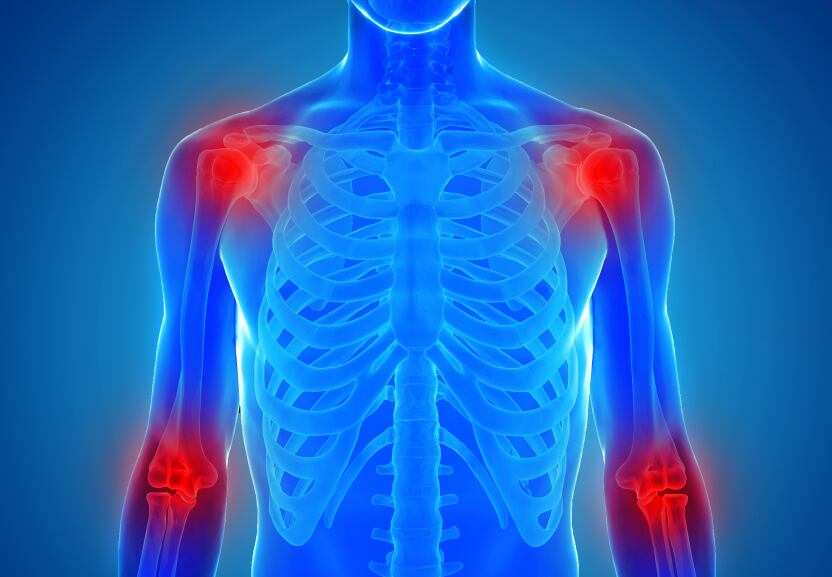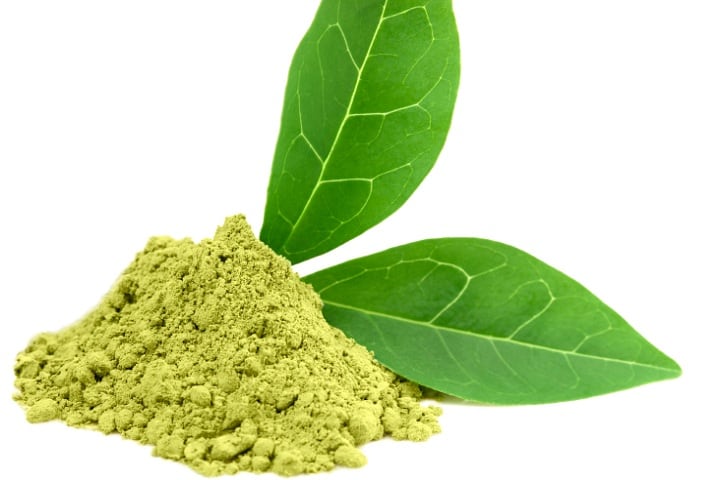The phytochemical, epigallocatechin-3-gallate (EGCG), may well form a natural alternative to current drugs used to treat rheumatoid arthritis. These therapies are expensive, immunosuppressive and sometimes unsuitable for long-term use. EGCG is an ingredient used in dietary supplements, where it is claimed it can boost metabolism and increase fat burning.
By isolating EGCG, the researchers are following a long line of studies that have highlighted its benefits to human health and disease. The four primary polyphenols found in fresh tea leaves are EGCG, epigallocatechin (EGC), epicatechin gallate (ECG), and epicatechin (EC).
Green tea contains between 30% and 40% of water-extractable polyphenols, while black tea (green tea that has been oxidised by fermentation) contains between 3% and 10%.
Research details

Researcher Dr Salah-uddin Ahmed, from Washington State University led a team in assessing EGCG’s efficacy in a pre-clinical mouse model of human rheumatoid arthritis (RA). Here, they observed reduced ankle swelling in mice given EGCG in a ten-day treatment plan.
In addition, the research team found the anti-inflammation action of EGCG did not affect other cellular functions. This was achieved by EGCG’s influence on TAK1 - an important signalling protein - through which proinflammatory proteins transmit their signals to cause inflammation and tissue destruction in rheumatoid arthritis.
Ahmed now thinks these findings have paved the way for a new direction of research targeting TAK1 by harnessing EGCG’s health enhancing properties.
“This study has opened the field of research into using EGCG for targeting TAK1 – an important signalling protein – through which proinflammatory cytokines transmit their signals to cause inflammation and tissue destruction in rheumatoid arthritis,” said Ahmed.
“Our findings provide a rationale for targeting TAK1 for the treatment of RA [rheumatoid arthritis] with EGCG,” the authors concluded.
Green tea research

The results echo that of a number of similar studies. A piece of research that evaluated the effect of EGCG on proteins associated with osteoarthritis identified additional new targets of EGCG and suggested EGCG may be a potent protective agent in osteoarthritis.
Likewise, findings from another study indicated EGCG itself promoted death of harmful cells involved in rheumatoid arthritis progress. The researchers believed there was promise of EGCG as a therapeutic to regulate the invasive growth of detrimental cells in rheumatoid arthritis.
The European Food Safety Authority's (EFSA) last assessment of EGCG was back in 2011, when it concluded green tea catechins (Camellia sinensis (L.) Kuntze) were not beneficial to heart health (endothelium dependent vasodilation) or brain health.
The authority also doubted whether there was any benefit to blood pressure, LDL cholesterol, DNA or lipid protection.
Source: Arthritis & Rheumatology
Published online ahead of print, DOI: 10.1002/art.39447
“Regulation of Transforming Growth Factor β–Activated Kinase Activation by Epigallocatechin-3-Gallate in Rheumatoid Arthritis Synovial Fibroblasts: Suppression of K63-Linked Autoubiquitination of Tumor Necrosis Factor Receptor–Associated Factor 6.”
Authors: Anil K. Singh, Sadiq Umar, Sharayah Riegsecker, Mukesh Chourasia and Salahuddin Ahmed
